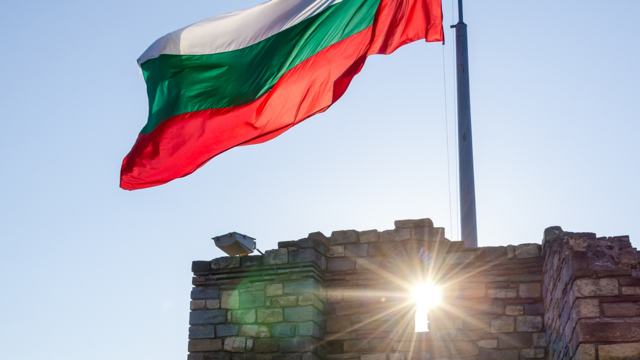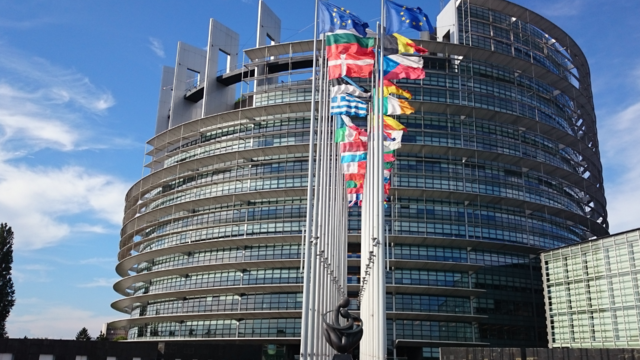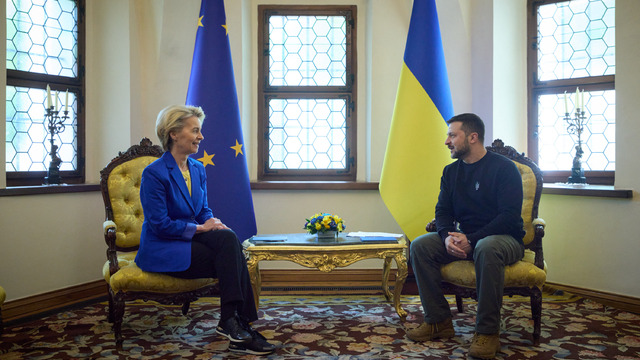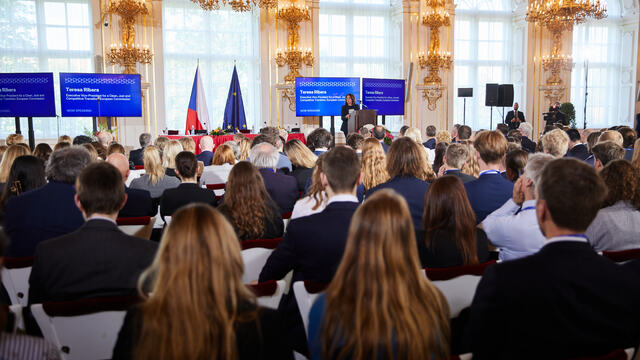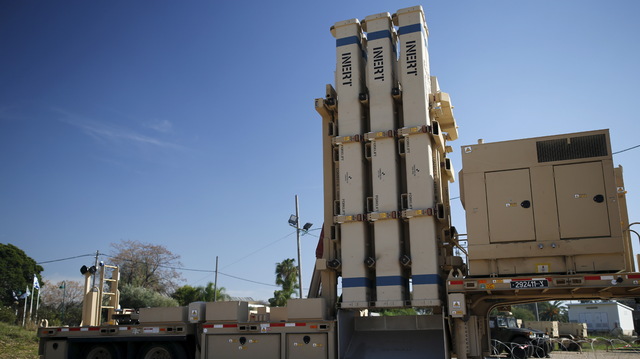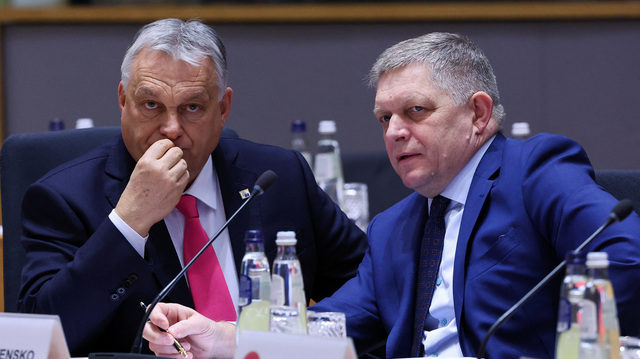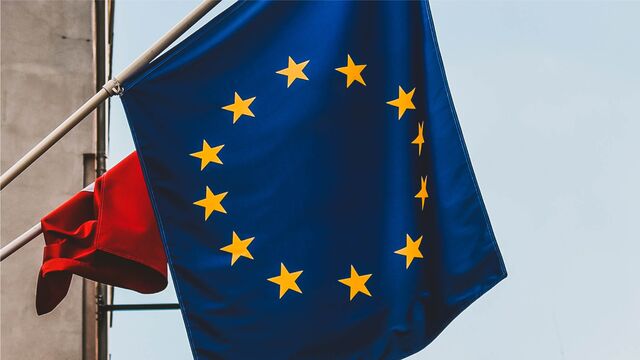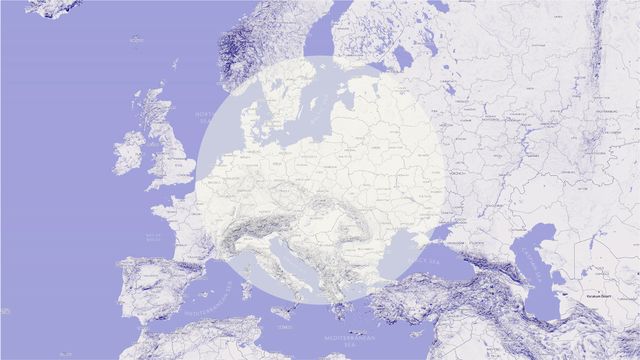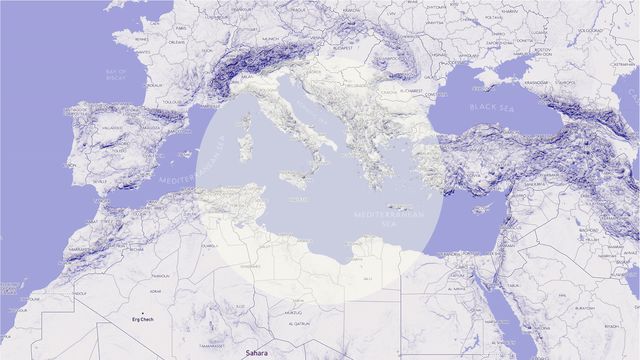After the Prespa Agreement: Why North Macedonia’s Accession to EU won’t happen in the near future
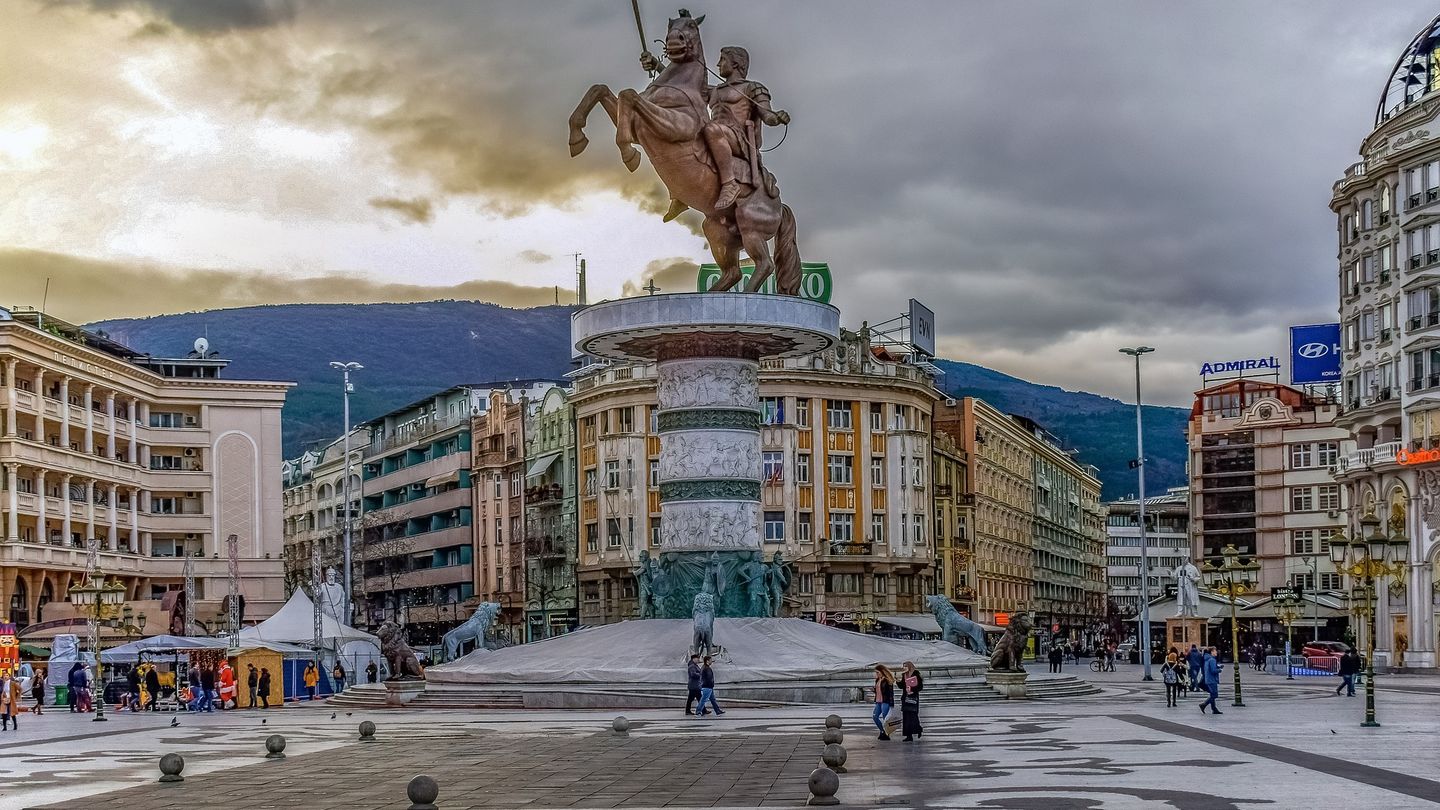
When the Prespa Agreement was signed on 17 of June 2018, not everyone was happy about it. The big majority of the Greek population was not happy about it, the political opposition in Greece was not happy about it and on the other side of the borders, the nationalistic party VMRO-DMNE was calling for protests against the treaty. We have to look back a few years so that we can understand upset that a name can cause.
Although Yugoslavia, used the name Macedonia for this part of its region, the naming dispute got heated after the breakup of Yugoslavia and when the country that was called the Socialist Republic of Macedonia, started calling themselves the Republic of Macedonia, using the same name with the northern region of Greece and the ancient Greek region of Macedonia.
Macedonia, or FYROM?
Immediately the new state governed by the nationalistic party VMRO-DMVE was using symbols such as the Vergina Sun and Alexander the Great for promoting the identity and the ethnicity of the people lived in the country. Greece accused the Republic of Macedonia of stealing the identity of Macedonia, which according to them was a Greek region and Macedonians are Greek people. The two countries during the ‘90s were trying to find a solution that came up in 1993 when they agreed to use the provisional reference Former Yugoslav Republic of Macedonia or FYROM until the name dispute will be solved eternally. FYROM was only used by Greece and some international organizations, especially the United Nations. Countries like France, Germany, United Kingdom, China, United States, Russia have recognized North Macedonia, as the Republic of Macedonia in 1993, so the name FYROM was only used between Greece and North Macedonia. This situation, led to a rise of nationalism in Greece and a deadlock in Greece’s politics, with the foreign minister Antonis Samaras, resigning and breaking away from the governing center-right party New Democracy. All the other governments in Greece were keeping a hard stance against the Republic of Macedonia and vetoing them in their attempt to be accepted in international organizations. The government of the Republic of Macedonia also faced opposition for the agreement and the nationalistic VMRO was calling for protests and also for a vote of no confidence in the government. In 1994, Greece imposed an embargo in the neighboring county which lasted 18 months.
The identity question
In 2006, the VMRO came to power and it began a policy of Antiquisation. These policies were trying to establish a direct link to modern and ethnic Macedonians, giving also the importance that North Macedonians are not only Slavs but ancient Macedonians too and according to them, Greeks were not. Statues of Great Alexander and Philip II erected in the neighboring country in the capital Skopje and other cities. Airports, highways, stadiums changed its names with Macedonian figures, like the airport of Skopje, renamed as Alexander the Great Airport. These actions exacerbating the dispute with Greece and Kostas Karamanlis, the former PM of Greece veto the accession talks of NATO and the Republic of Macedonia at the time, leaving the name dispute unsolved.
The situation with the name dispute changed when the second government of Alexis Tsipras came to power and in 2015, after many protests in both countries the Prespa Agreement was signed and the Republic of Macedonia changed its name to the Republic of North Macedonia. A referendum was held also on changing the country’s name took place in North Macedonia with 91% voted in favor but with only 37% turnout. In the next months, the two countries ratified the Agreement, NATO invited North Macedonia to start accession talks and a new constitution will be prepared in North Macedonia as a consequence of the Agreement. The International Community greeted the Prespa Agreement as a historic moment. All the roads regarding ancient Macedonia changed, the airports and the signs concerning this dispute changed in favor of the Agreement.
The name question
A lot of things have changed since the Agreement was signed. General Elections were held in Greece, on which the governing left-wing party SYRIZA lost and the center-right party New Democracy won the elections. Although New Democracy was against the Prespa Agreement, later they made a u-turn and recognize the treaty as the only way of solving the naming dispute. And as everyone thought that maybe we are coming to an end and North Macedonia will be able to start negotiations with the EU, President of France Emmanuel Macron blocked the decision of the Commission to start negotiations with the countries of Western Balkans. French Government said that it supports the “European perspective” of the Western Balkans but to them, this process is not credible. The same position with France have also the Netherlands and Denmark. Zoran Zaev dissolved the parliament and asked for General Elections in April, because of the decision of the European Union not to start talks for their accession. This election though could be very crucial about the future of North Macedonia in the EU and also for its relationship with Greece. On the one hand, the Social Democratic Union of Macedonia will campaign in favor of the EU accession and also by the time of the election, North Macedonia will be a full member of NATO. On the other hand, VMRO will campaign against the name change, accusing the government that betrayed the national interest and the identity of Macedonians. If VMRO leader Hristijan Mickoski becomes PM, the Prespa Agreement can be in danger as the International Relations Secretary of the VMRO stated that the priority of a new government will be to put “Macedonia” on the fast track to European accession and afterward to reopen the issue of self-determination. Although as an International Treaty there is no way that it can be superseded or revoked but as Professor Mr. Aggelos M. Syrigos and also an MP for New Democracy is worrying about the veto of France in accession can lead to many difficulties in the name dispute. He stated in an interview that the Agreement is giving importance to the EU accession of North Macedonia and their name can change in every negotiation with the EU with the process finishing in 5 years, but now with the French veto all this thing is going to be delayed and if North Macedonia won’t come forward to the reforms of the Agreement they will not have any legal problem if they won’t implement it. Although, as he said, three things won’t change: Firstly, the name of the country, the nationality of the people of the country (Macedonians) and their language (Macedonian).
Zoran Zaev has warned the European Union that this veto of President Macron can cause a rise of nationalism in Balkans and on the same page top European Union officials as Donald Tusk said that the veto against North Macedonia and Albania is a historical mistake. Zaev also said that the Prespa Agreement is at risk also because it is connected with the EU accession of North Macedonia. On the other hand, though, the Prespa Agreement gave the green lights to North Macedonia to enter the negotiations with NATO and to sign the Accession Treaty on February 6th of 2019 and now they are in the process of acceding to NATO by February 2020.
But what about the EU accession of North Macedonia?
After the veto of France, the EU is waiting for the results of the elections in April and they hope for a win of Zaev’s party so they can re-start the negotiations talks. But maybe this scenario is very optimistic because Emmanuel Macron won’t give up on his position that firstly the EU needs to talk about the rules of enlargement and then to reform them and then to open the accession talks with countries like North Macedonia and Albania. So that’s why shortly there will be a deadlock in the accession talks and maybe the scenario that Zaev warned EU about the rise of the nationalism in Balkans it isn’t such far as we think it is.
But the main argument is still around the Prespa Agreement. The Greek Government should preserve it and implement it and North Macedonia’s government should do the same thing. They should implement the treaty for the good of Balkans and the sake of the European Union. At some point, Balkans was the minefield of Europe but now with Bulgaria, Romania and Greece belong to EU and North Macedonia and Albania standing on the line for the negotiation talks there is only one way to go forward and that’s the European path that the Balkans countries want to follow.
